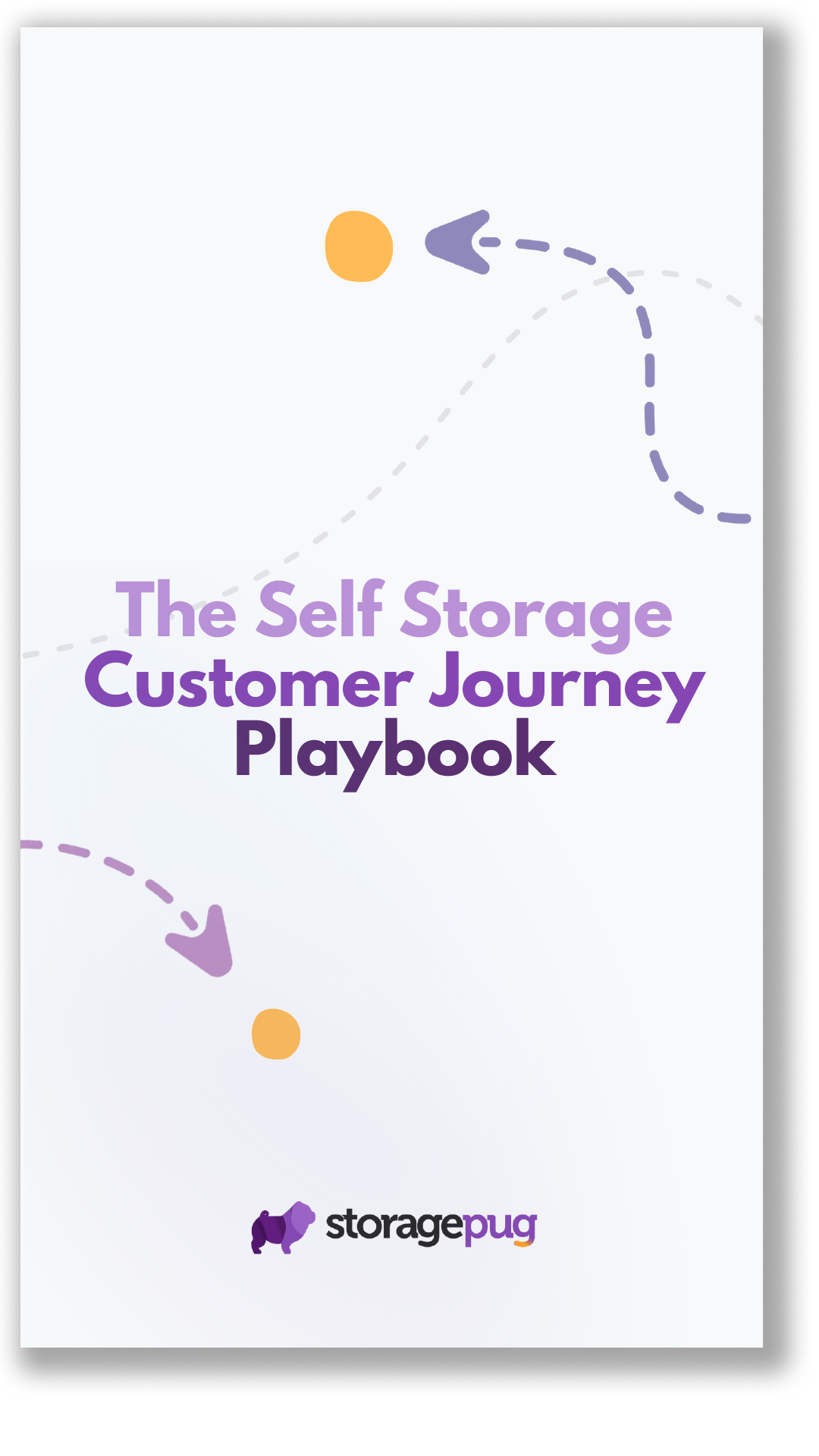Menu
December 10, 2024


This blog was updated in 2024.
"Well, I’m not paying for it!"
The blame game can start up pretty fast when something goes wrong at a self-storage facility. To counter this, many operators want every tenant buy insurance or a tenant protection plan.
But should you do the same? We’ll explore the benefits and drawbacks of requiring tenant protection at your facility here!
Liability can keep self storage operators up at night. If there’s a fire at your facility, it’s already a disaster - then if your rebuild gets interrupted by a dozen lawsuits claiming the fire was your fault, what should you do?
In general, the operator can’t be held responsible for stolen or damaged items held at their facility. Your rental agreement should make that clear to your tenants. But, that can’t stop them from suing you anyways, so many operators insist that all tenants be protected by insurance or protection plans before they rent.
We’ve discussed the difference between insurance and tenant protection plans in depth before, but they work almost exactly the same.
The tenant pays a small monthly fee in exchange for a guarantee that, if something bad happens, someone will compensate them for whatever items they’ve lost.
This is good for the tenant because they know that they won’t suffer a serious loss in case of theft or disaster.
It’s good for you (the operator) because it gives the tenant an answer to a difficult situation that isn’t “blame the facility.”
Almost all of the largest self storage companies require their tenants to have insurance.
Tenant insurance must be purchased directly from a licensed insurance agent or agency. Insurance is subject to a host of legal regulations, including guidance on rates and commissions.
Tenant protection plans are an agreement between you and the tenant that you will take on some liability for the stuff stored on your property, up to a point. Typically, you will then have insurance (with a licensed agency) that will compensate you for compensating the tenant for loss.
Protection plans go through you. You’ll set the rates, you’ll pay out the claims, and you’ll deal with the insurance company. This can be a source of income - in some cases, it can be significant, as you set the price. On the other hand, operating tenant protection plans can cost you time and attention.
While you can’t sell insurance directly to tenants, you can partner with an insurance agency and organize group discounts or facilitate an easy insurance purchase for your tenants. This won’t make you as much money, but you won’t be the middleman - saving yourself time is always valuable!
Self storage operators are usually not liable for damages to tenants' property. Of course, the rules vary from state to state, so consult your state self storage association; they can tell you how liability laws work in your state.
In general, though, you’re not going to be held legally liable for damage to your tenants’ property - but that won't make the problem go away.
If thieves break into a self storage unit and steal everything, or if a fire destroys most of a tenant’s possessions, that tenant is going to be upset. They’re going to be stressed. They’re going to want someone to take care of the problem.
If they have insurance or a tenant protection plan, you can offer them something useful and concrete. So, while you don’t need to offer self storage insurance or a tenant protection plan, many operators find that doing so is worthwhile for more than just the revenue.
Potentially, yes. Protection plans often make operators a few extra dollars per tenant - which can add up to a significant amount of revenue over time!
However, you're not allowed to make the tenant buy your insurance. You can require that the tenant have coverage, but not that they buy your specific plan. This means you have to let the tenant provide proof of coverage through their homeowners' insurance or other source if they want to.
Additionally, if you require insurance, you might lose out on rentals - especially online rentals. In storage, you've usually only got one chance to turn a lead into a renter. If your tenant balks at signing up for insurance, they can go to a different facility, sign up, and you've lost them as a potential customer for years.
Check out your conversion flow and see if people are dropping out at the insurance stage. If they are, make it optional, or move the details to after the rental.
Losing one or two rentals a month would outweigh the additional revenue you get from the programs. This is not the case if you've got a lot of demand in your area though! if you're trying to fill up the facility, though, cutting insurance requirements can help.
The right answer will depend on the specifics of your self storage facility. Before you decide, consider the following factors:
Every operator should offer protection plans - they’re a good way to make some money, and they protect you as well as your tenant in case something goes wrong.
You should only require tenants to purchase protection if you’re certain they need it and you can afford to ruffle a few feathers.
And remember, you can't force tenants to buy your plan - you can only mandate that they have insurance. If a tenant has coverage through their homeowners' insurance or an independent plan, you need a way to verify this and remove the extra charge from their bill.
Learn more ways to improve your self storage facility with these:
At StoragePug, we build self storage websites that make it easy for new customers to find you and easy for them to rent from you.
